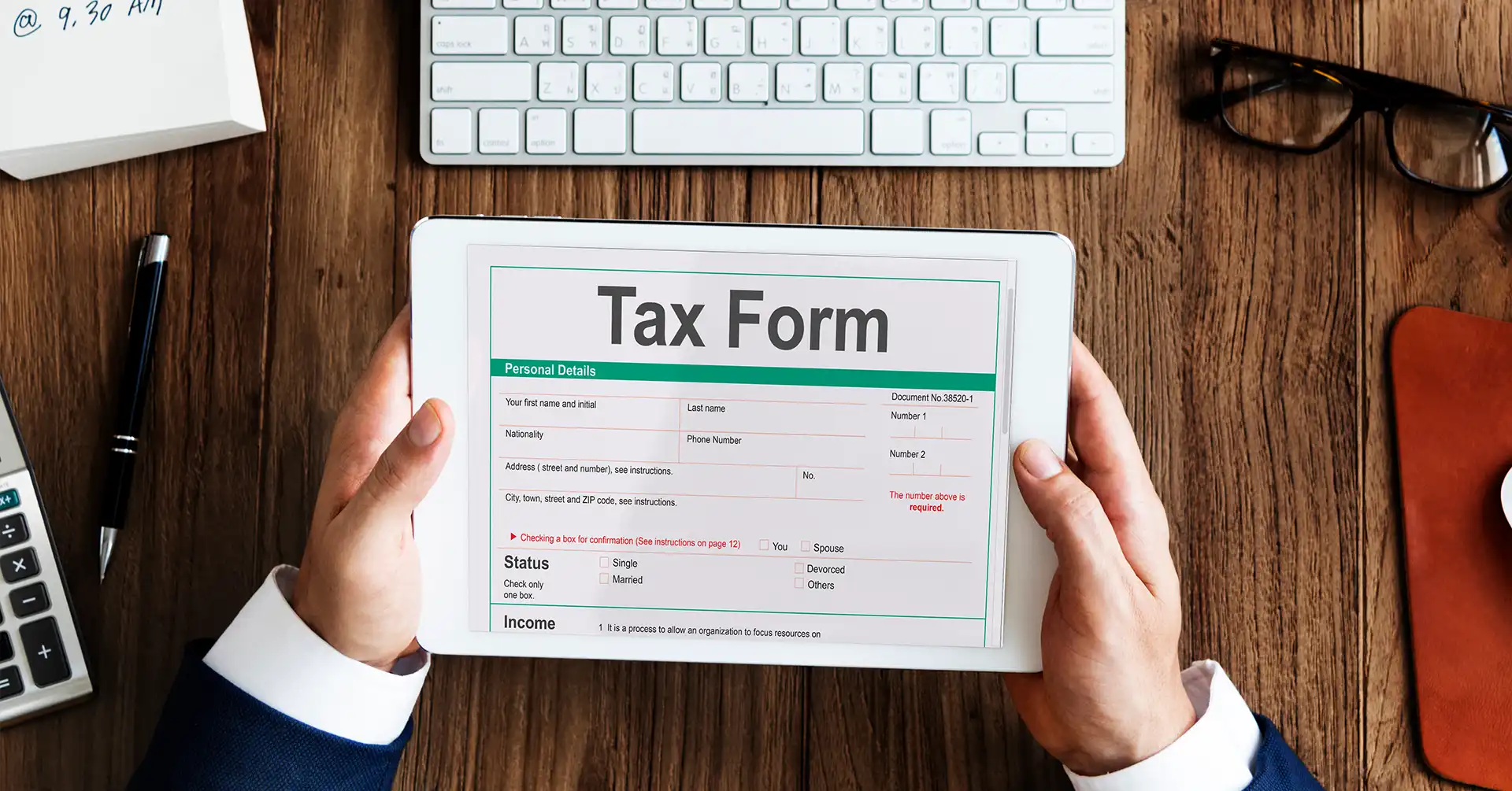Hello, my wonderful readers! Explore effective tax planning strategies tailored for small businesses to optimize financial management and minimize tax liabilities. In today’s dynamic economic landscape, navigating tax obligations can be complex for small business owners. However, with strategic planning and proactive measures, businesses can capitalize on opportunities to maximize savings and enhance profitability.
This blog provides a comprehensive overview of various tax planning strategies specifically designed for small businesses. From leveraging deductions and credits to implementing retirement plans and exploring tax-deferred investments, we unveil practical approaches to minimizing tax burdens while staying compliant with regulatory requirements.
In addition to traditional tax planning techniques, we’ll also delve into innovative strategies and recent updates in tax legislation that could significantly impact small businesses. Whether you’re a startup, sole proprietor, or established enterprise, understanding and implementing effective tax planning strategies can pave the way for sustainable growth and financial success.
Join us as we dissect the intricacies of tax planning for small businesses and empower you with the knowledge and tools necessary to navigate the tax landscape confidently and efficiently.
Best Tax Planning Strategies For a Small Business
Tax planning is a critical aspect of financial management for small businesses. Businesses can optimize their financial resources, minimize tax liabilities, and enhance overall profitability by employing strategic tax planning strategies. In this comprehensive guide, we’ll explore the best tax planning strategies tailored specifically for small businesses, empowering entrepreneurs with the knowledge and tools necessary to navigate the complex landscape of taxation.
Leveraging Deductions and Credits
One of the foundational pillars of tax planning for small businesses is leveraging deductions and credits to reduce taxable income. Small businesses are entitled to various deductions and credits provided by the tax code, which can significantly lower their tax burden.
- Maximizing Business Expenses: Small businesses can deduct a wide range of expenses necessary for running their operations, including rent, utilities, office supplies, salaries, and marketing expenses. By meticulously tracking and documenting these expenses, businesses can maximize their deductions and reduce taxable income.
- Exploring Tax Credits: Tax credits provide a dollar-for-dollar reduction in tax liability, making them highly valuable for small businesses. Examples of tax credits available to small businesses include the Research and Development (R&D) Tax Credit, Work Opportunity Tax Credit (WOTC), and Small Employer Health Insurance Credit. Understanding eligibility criteria and claiming applicable tax credits can lead to substantial tax savings.
Implementing Retirement Plans
Retirement planning is essential for securing financial futures and offers valuable tax benefits for small business owners and their employees.
- SEP-IRA (Simplified Employee Pension Individual Retirement Account): SEP-IRA allows small business owners to contribute to their retirement savings while receiving tax deductions for contributions. Contributions to employees’ SEP-IRAs are also tax-deductible for the employer, making it an attractive retirement planning option.
- Solo 401(k): Solo 401(k) plans are designed for self-employed individuals or business owners with no employees other than their spouses. Contributions to Solo 401(k) plans are tax-deductible, and the plan offers flexibility in contribution limits and investment options, making it a versatile retirement planning tool for small business owners.
Timing Income and Expenses
Strategic timing of income and expenses can significantly impact small businesses’ taxable income. Businesses can effectively manage their tax liabilities by carefully planning the timing of revenue recognition and expense payments.
- Deferring Income: Small businesses can defer income to future tax years by delaying invoicing or receipt of payments until the end of the current tax year. This strategy can help lower taxable income in the current year, providing potential tax savings.
- Accelerating Expenses: Accelerating deductible expenses into the current tax year can reduce taxable income and increase tax deductions. Prepaying expenses such as rent, insurance premiums, and equipment purchases before the end of the tax year can effectively lower tax liabilities.
Structuring Business Entity for Tax Efficiency
The choice of business entity can significantly impact small businesses’ tax obligations. Selecting the appropriate business structure based on tax implications and business objectives is crucial for optimizing tax efficiency.
- Sole Proprietorship: Sole proprietorships offer simplicity and flexibility but do not clearly separate the business and personal assets. Profits and losses from the business are reported on the owner’s tax return, and income taxes are calculated at the individual tax rate.
- Partnership: Partnerships are pass-through entities where income and losses flow through to the partners’ tax returns. Partnerships offer flexibility in profit distribution and are not subject to double taxation like corporations.
- S-Corporation: S-Corporations provide limited liability protection to shareholders while offering pass-through taxation similar to partnerships. Shareholders report their share of income or losses on their tax returns, avoiding corporate-level taxation.
- Limited Liability Company (LLC): LLCs combine the limited liability protection of corporations with the pass-through taxation of partnerships. LLCs offer flexibility in management structure and tax treatment, making them a popular choice for small businesses.
Strategic Asset Depreciation
Small businesses can benefit from strategic asset depreciation strategies to accelerate tax deductions and improve cash flow.
- Section 179 Deduction: Section 179 allows small businesses to deduct the full cost of qualifying equipment and property purchases up to a specified limit in the year of acquisition. By taking advantage of Section 179, businesses can immediately reduce taxable income and lower tax liabilities.
- Bonus Depreciation: Bonus depreciation allows businesses to deduct a percentage of the cost of qualified property in the year it is placed in service. This temporary tax incentive can provide significant tax savings for small businesses investing in capital assets.
Empowering Small Businesses with Tax Planning Expertise
Effective tax planning is essential for small businesses to optimize financial management and minimize tax liabilities. By leveraging deductions and credits, implementing retirement plans, strategically timing income and expenses, choosing the right business entity, and utilizing asset depreciation strategies, small businesses can achieve greater tax efficiency and enhance overall profitability. With a proactive approach to tax planning and a comprehensive understanding of available strategies, small business owners can confidently navigate the complexities of taxation and secure a brighter financial future for their businesses.
Conclusion
Exploring tax planning strategies tailored for small businesses is pivotal for financial success and sustainability. Businesses can optimize their financial resources, minimize tax liabilities, and enhance profitability by actively engaging in tax planning. Leveraging deductions and credits, implementing retirement plans, strategically timing income and expenses, selecting the right business entity, and utilizing asset depreciation strategies are essential to effective tax planning. Small business owners who proactively embrace these strategies can navigate taxation complexities confidently and efficiently, paving the way for long-term success. With a comprehensive understanding of available tax planning techniques and a proactive approach to financial management, small businesses can unlock growth opportunities and secure their financial future. Embracing tax planning as an integral part of business strategy empowers small businesses to optimize their tax position, maximize savings, and achieve their financial goals in today’s competitive landscape.
Also Read:
Short-Term Investment Options: Exploring the Best Choices
Savings Account vs Current Account- What’s the Difference Between them?






